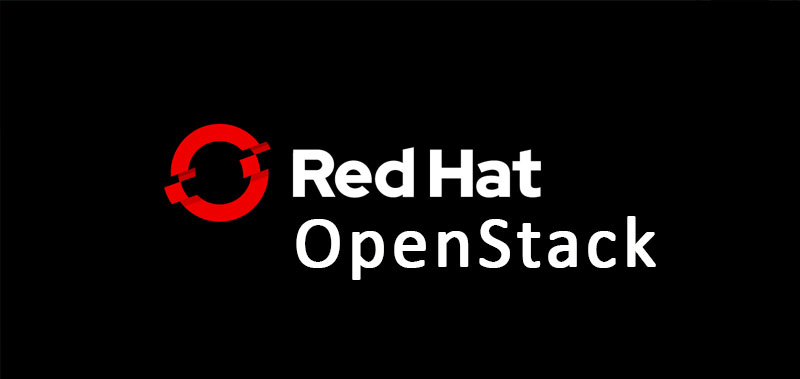 CLOUD
CLOUD
 CLOUD
CLOUD
 CLOUD
CLOUD
Enterprise Linux company Red Hat Inc. today announced the upcoming launch of its newest version of OpenStack.
Red Hat OpenStack Platform 17.1 will be released in the coming weeks, with new management and operations tools designed to enhance its flexibility, efficiency and security and improve its usefulness at the network edge.
The Red Hat OpenStack Platform is an enterprise-grade version of the open-source OpenStack platform, based on the Red Hat Enterprise Linux operating system. Customers get additional support and services from Red Hat along with various management tools not available in the basic version, such as Red Hat’s multicloud management platform CloudForms and object and file storage system Ceph.
OpenStack provides a set of software tools for building and managing cloud computing platforms for public and private clouds. Those tools are used to manage distributed compute, network and storage resources, which are aggregated into pools to enable on-demand provisioning of virtual resources via a self-service portal.
Red Hat announced Red Hat OpenStack Platform 17.1 at the OpenInfra Summit today, explaining that it’s extending the platform to help service providers bridge their existing 4G network infrastructures with more modern 5G networks. According to Red Hat, this will help customers to realize advanced use cases such as 5G standalone core, network, storage, compute and open virtualized radio access networks that boast increased resilience from the core to the edge.
With today’s updates, service providers can now scale their OpenStack based clouds faster to maximize their resources via a virtualized control plane that runs on Red Hat OpenShift. The idea this is to optimize and improve network capacity and performance and boost efficiency to simplify deployments at scale, enabling both 4G virtualized and 5G containerized workloads to be managed via a single environment. In this way, service providers can future-proof their existing investments without leaving any workloads behind, Red Hat said.
Meanwhile, on the security side, Red Hat said it has introduced several new systems and network enhancements that aim to help service providers exert better control over their digital infrastructure, data and technology. For instance, it now provides roles-based access control across multiple OpenStack services, plus FIPS-140 and ISO/IEC 19790 compatibility to meet service providers’ security requirements.
Finally, it now offers federation through OpenID Connect, allowing service providers to use an external identity provider to manage user authentication and authorization.
In related news today, Canonical Ltd. announced at the same event that it’s extending its Ubuntu OpenStack offering to small-scale cloud environments via a new project known as Sunbeam.
Sunbeam offers a simplified user interface and comes with very simple installation instructions, making deployment straightforward even for those who have never used the software before. The idea is to help onboard newcomers to OpenStack, Canonical explained.
It allows smaller companies to get a fully functional cloud up and running in just a few minutes, with its lightweight architecture enabling it to be deployed on machines with limited hardware resources, such as workstations and virtual machines.
Canonical said Sunbeam is available free, though it also provides additional security coverage and support under an Ubuntu Pro + Support subscription. Sunbeam is available now and ships with the latest version of OpenStack, 2023.1 (Antelope). Early adopters will be able to upgrade directly to the upcoming 2024.1 version next year.
Support our mission to keep content open and free by engaging with theCUBE community. Join theCUBE’s Alumni Trust Network, where technology leaders connect, share intelligence and create opportunities.
Founded by tech visionaries John Furrier and Dave Vellante, SiliconANGLE Media has built a dynamic ecosystem of industry-leading digital media brands that reach 15+ million elite tech professionals. Our new proprietary theCUBE AI Video Cloud is breaking ground in audience interaction, leveraging theCUBEai.com neural network to help technology companies make data-driven decisions and stay at the forefront of industry conversations.